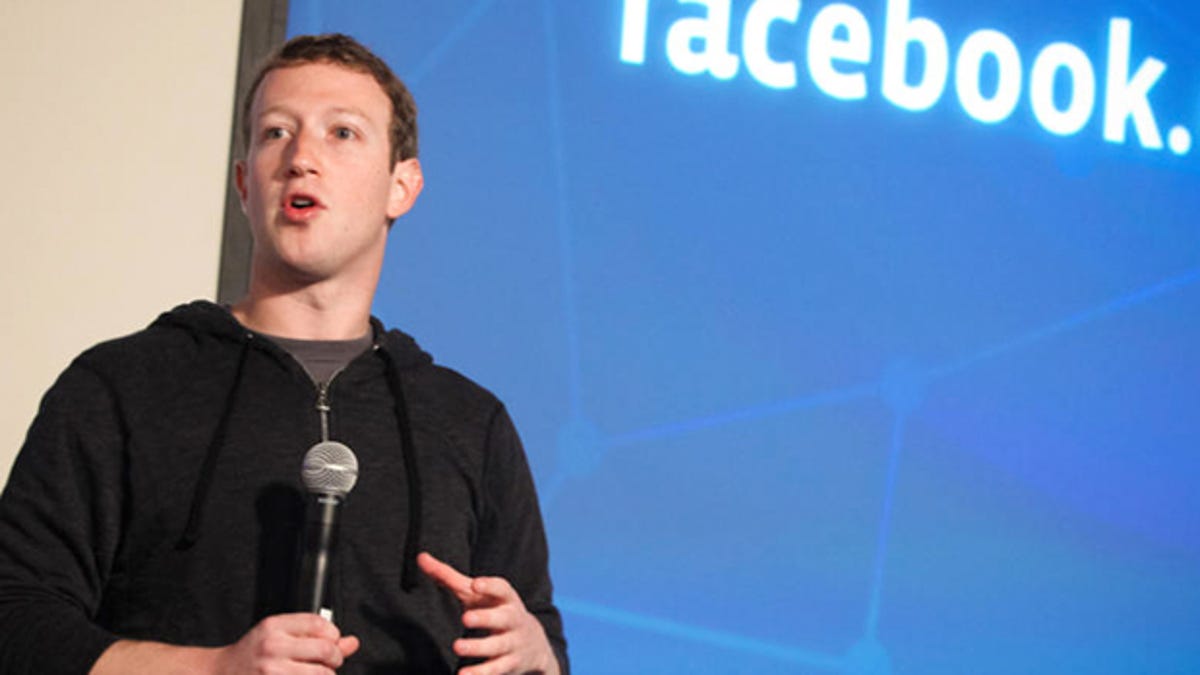Facebook makes wrong call on anti-Semitic page
<b>commentary</b> Facebook's refusal to delete a page about "Jewish Ritual Murder" rekindles a simmering debate over how to respond when bigots use social networks to spread racist speech and hateful propaganda.

For the past several years, Facebook and several other prominent social-media companies have been wrestling with how to respond when their popular platforms are being abused by bigots to spread racist speech and hateful propaganda, including Holocaust denial and anti-Semitism.
Much of the debate has centered on a discussion over the difficult concept of what exactly constitutes hate speech.
As defined by Facebook's own community standards, people have a right to post "ignorant and untrue material about people and events" on their personal pages. But any content that directly attacks people based on their race, ethnicity, national origin, religion or a host of other immutable characteristics constitutes a violation of those standards and is impermissible on the Facebook platform.
In applying these standards, Facebook has chosen not to remove Holocaust denial pages that do not also contain direct attacks. We have responded by telling them that as a virulent form of anti-Semitism and an indirect attack on Jews, Holocaust denial pages are unacceptable.
We feel the same way about a page on Facebook called "Jewish Ritual Murder." The page features articles and other material reviving the old libelous charge against Jews that they murder Christian children to use their blood for ritual purposes. To us, the individual who created the "Jewish Ritual Murder" is promoting anti-Semitism. But Facebook has indicated that this page, too, does not violate its community standards.
We recognize that the Internet and social media are so successful because they provide the ultimate platforms for the global exchange of ideas. At the same time, they should not be platforms for hate.
This is particularly the case when corporations like Facebook, as moderators of virtual communities where young people frequently "congregate," already have rules in place to guard against bias-motivated attacks and cyberbullying. Regardless of how narrowly they are going to define hate speech, they need to have policies that allow them to exercise discretion in egregious cases such as this.
The "blood libel" refers to a centuries-old false allegation that Jews murder Christians (especially Christian children) to use their blood for religious ritual purposes such as an ingredient in the baking of Passover matzah (unleavened bread). This myth -- also sometimes called the "ritual murder charge" -- dates back to the Middle Ages, It has persisted despite Jewish denials and official repudiations by the Catholic Church and many secular authorities.
The blood libel also has modern-day currency in the Arab world, where some television programs have used it as a plot line and editorial cartoonists have evoked it in their efforts to foment hatred of the Jewish people.
In truth, and it should be obvious, accusing Jews of ritual murder is a far greater attack on Jews than calling them kikes or other names. It has led to mob violence and pogroms, and has on occasion even led to the decimation of entire Jewish communities. And the libel is alive and well in today's world.
We do not believe that Facebook intends to send a message that it is insensitive to the enormous harm the blood libel has caused throughout Jewish history. The easiest way for the company to make that clear would be to exercise the discretion it certainly has to remove the page.